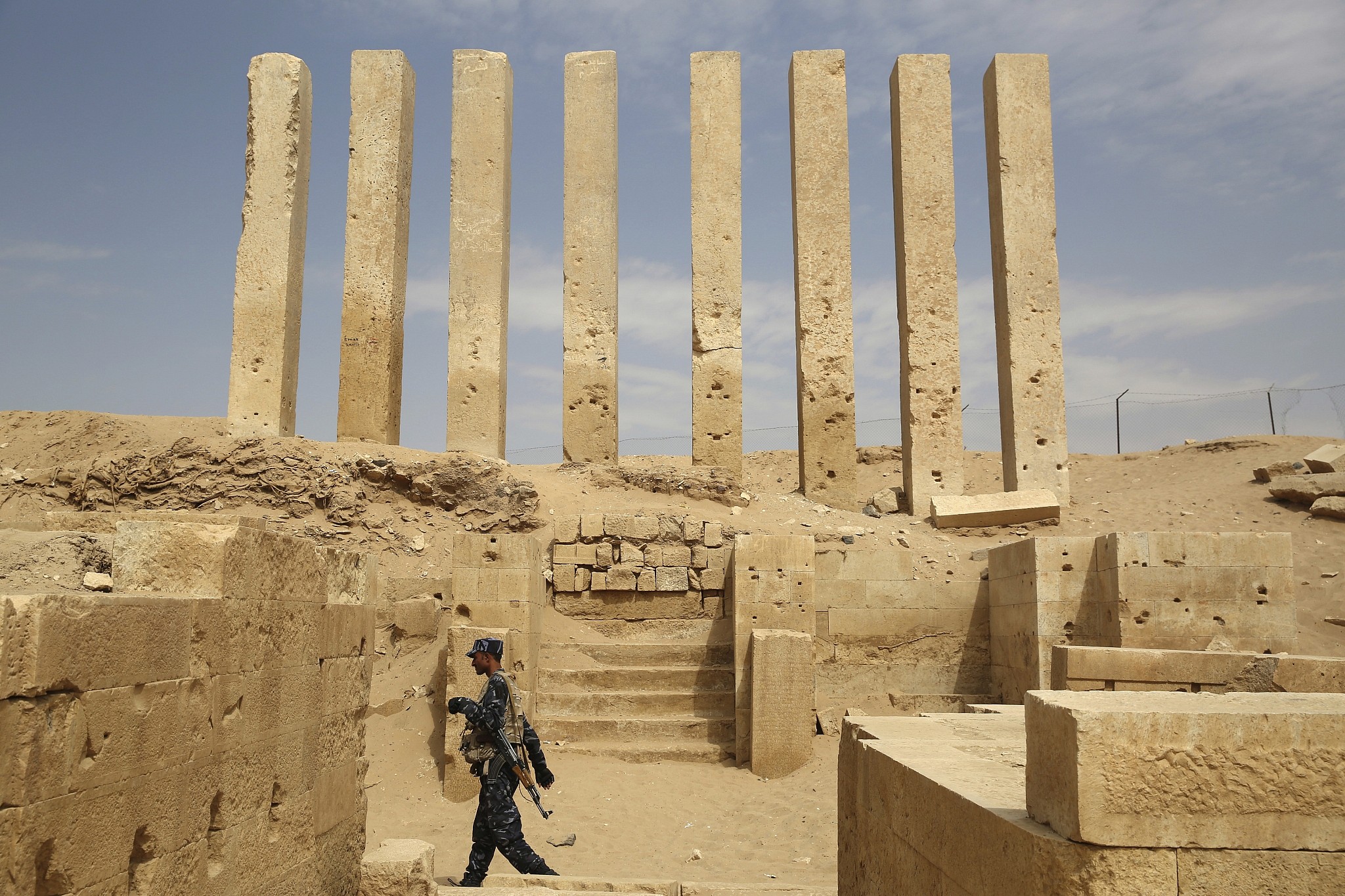The Sabean Queen’s Immortal Love

Arabian Bilqis, Queen of
Sheba
You were gifted with all worldly luxuries
As you sit on your royal throne, the Sabean Queendom
The Temple of Awwam stands majestic with its eight pillars
Signifying your strength which cannot easily be trampled.
Sabean queen whose name no one really knows
Treated as a royalty possessing great glory
One fateful day, destiny unfolds as King Solomon
Learned about Saba and eventually crossed paths with you
Behold, A Queen in great glory and a King, the wisest of them all
Defying laws and beliefs in the name of love
The ancient immortal sweethearts, star-crossed lovers no more.
You were gifted with all worldly luxuries
As you sit on your royal throne, the Sabean Queendom
The Temple of Awwam stands majestic with its eight pillars
Signifying your strength which cannot easily be trampled.
Sabean queen whose name no one really knows
Treated as a royalty possessing great glory
One fateful day, destiny unfolds as King Solomon
Learned about Saba and eventually crossed paths with you
Behold, A Queen in great glory and a King, the wisest of them all
Defying laws and beliefs in the name of love
The ancient immortal sweethearts, star-crossed lovers no more.

Awwam Temple (Mahram Bilqis), Marib, Yemen -- Jon Gambrell
Partly dating to the 7th century BCE, the Awwam temple, also known as the Mahram Bilqis (sanctuary of the queen of Sheba), was probably a shrine to moon god Almaqah, the ancestor of the rulers of the ancient Yemeni kingdom of Saba' and the kingdoms of Dʿmt and Aksum in Eritrea and Northern Ethiopia. The nearby city of Marib was the Saba’ capital. The kingdom built the Great Marib Dam, controlled spice and incense trade routes, and may have been ruled by the biblical “queen of Sheba.” She made a cameo appearance in I Kings and II Chronicles, arriving in Jerusalem "with a very great retinue, with camels bearing spices, and very much gold, and precious stones… She gave the king [Solomon] gold, large quantities of spices and precious stones. Never again were so many spices brought in as those the Queen of Sheba gave to King Solomon… King Solomon gave the Queen of Sheba all she desired and asked for.… Then she left and returned with her retinue to her own country.” In the 8th-century Targum Sheni, a hoopoe informed Solomon that Sheba was the only kingdom on earth not subject to him and that its queen was a sun worshiper. He sent the bird to Sheba with a letter attached to its wing, commanding her to come to him as a subject. She sent him all her ships loaded with precious gifts and 6,000 youths of equal size, all born at the same hour and clothed in purple garments. They carried a letter declaring that she would arrive in Jerusalem within 3 years, though the trip normally took 7. Upon her arrival she thought the glass floor of his palace was a pool of water, so she lifted the hem of her dress, and Solomon reprimanded her for her hairy legs. She asked him 3 riddles to test his wisdom. A Yemenite manuscript, the "Midrash ha-Hefez," listed 19 riddles attributed to her. ("Without movement while living, it moves when its head is cut off" -- "a tree, which, when its top is removed, can be made into a moving ship;” "Produced from the ground, man produces it, while its food is the fruit of the ground" -- "a wick.") In the account in the Qur’an, the queen, Bilqis, responded to his invitation with a gift, but he declared he had no need for it, and sent a jinn to fetch her throne to await her arrival. She entered Suleiman’s crystal palace and converted to monotheism. In Coptic accounts she gave Solomon a pillar on which all earthly science was inscribed, which his jinn retrieved from Ethiopia. Over time the story of their encounter developed into a romance. In some accounts their son was the Nebuchadnezzar II of Babylon who destroyed Solomon’s Temple in Jerusalem. But the most influential account was found in the Ethiopian national saga, the “Kebra Nagast”: the queen’s name was Makeda, the ruler of Ethiopia, and her son by Solomon was Menelik I, the founder of the Ethiopian dynasties.
ReplyDelete